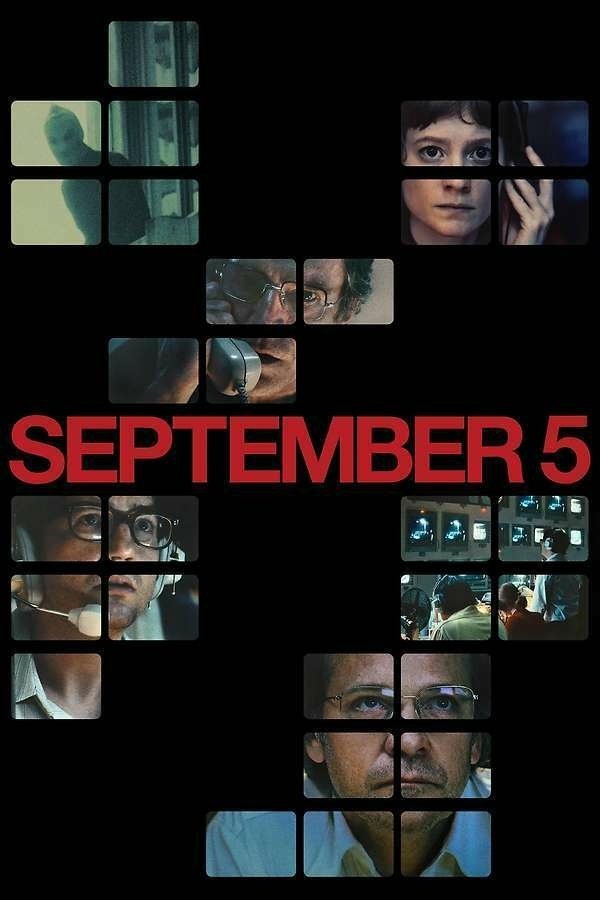September 5, 2024 - ★★★½

I have always been intrigued by stories that reveal the behind-the-scenes aspects of any production. So, it's no surprise that I thoroughly enjoyed September 5. At first glance, it appears to be a typical sports TV production—a narrative about people working in television during the 70s. However, it gradually unfolds into something far more dramatic, and much deeper themes.
The film navigates the challenges faced by a team inexperienced in live crime broadcasting, highlighting the real-time consequences of their decisions and the moral dilemmas accompanying their pursuit of sensationalism.
Moreover, it sheds light on how modern media have become fixated on popularity, the race to report first, and the creation of new trends. The movie critiques contemporary journalism by exploring the ethics, morality, and standard practices that have gradually been normalized.
We should pause and ask ourselves: Is this truly beneficial for us? Is this the kind of story we genuinely need to know about in this manner? Are we simply following the story, or are we choosing sides and selecting angles? Are we being objective about the situation, or are we merely instruments in a larger scheme? These are critical questions to ponder, and I appreciate this aspect of the film.
While some might critique its (a)political stance, I believe the film ultimately captures the essence of modern journalism by compelling us to reflect on the narratives we consume. It’s quite soul-crushing that the goal of journalism nowadays seems to be not about objectivity, or even debating sides, but rather about considering what one can gain from it.
However, I feel that the film could be more engaging. While it intrigues us intellectually, if its aim is to convey the emotional impact of these media practices, then those emotions should be intensified. The technical elements—the cinematography and the score—should heighten the tension further.